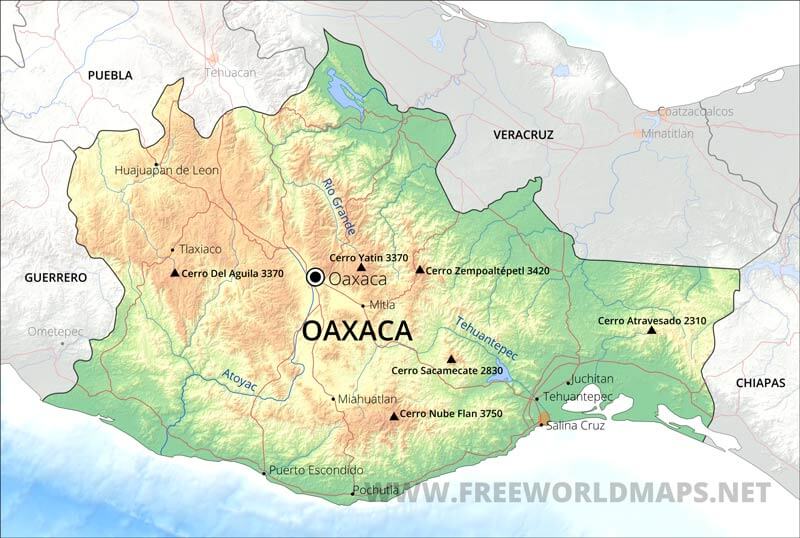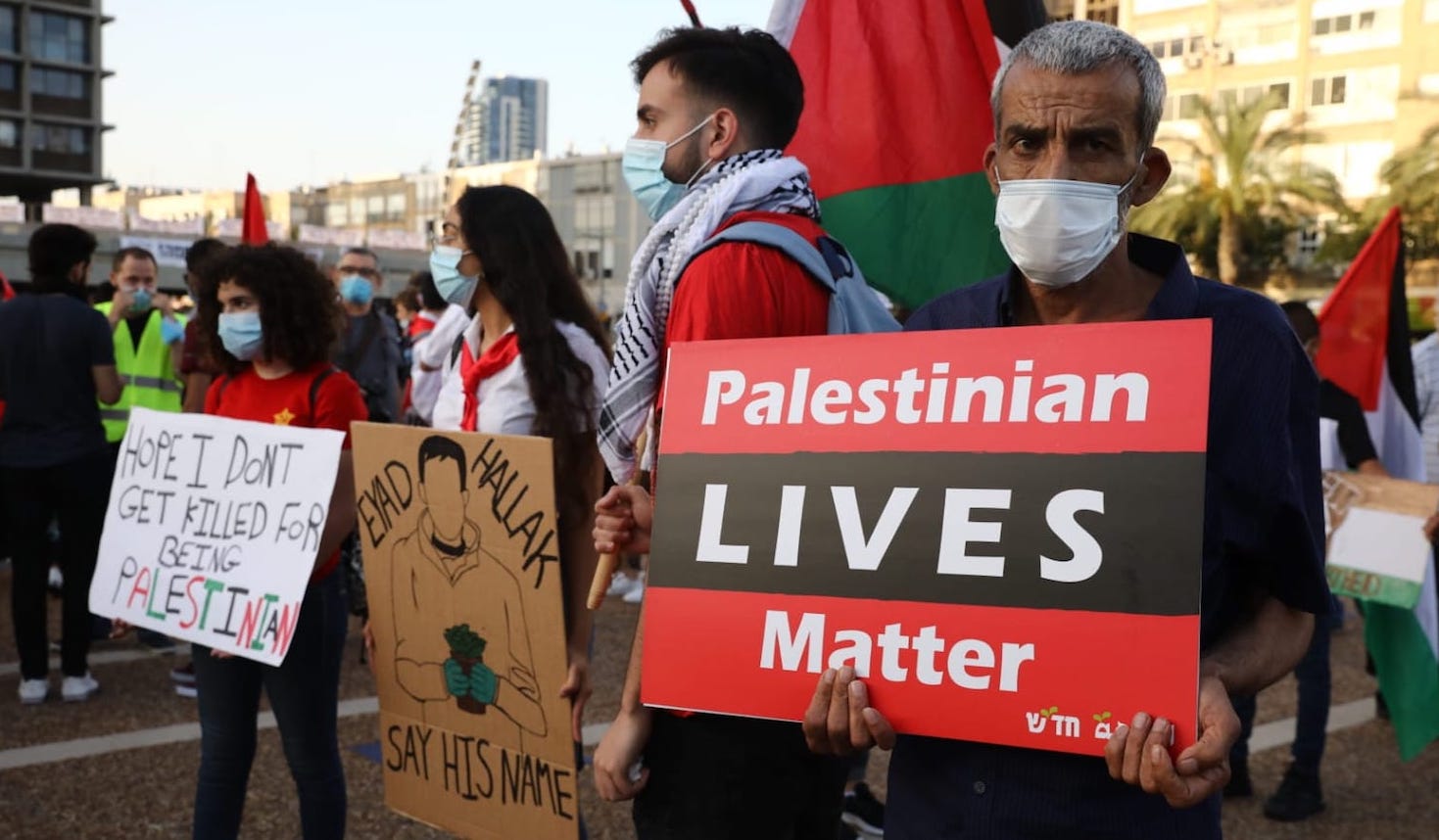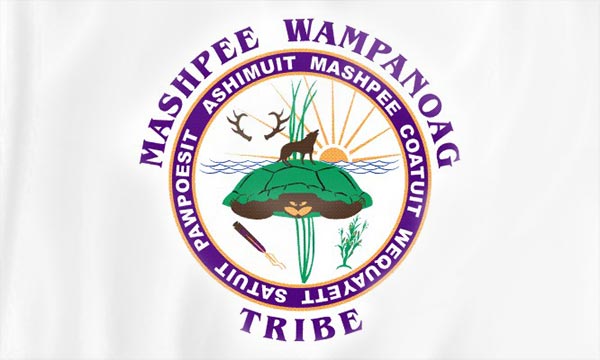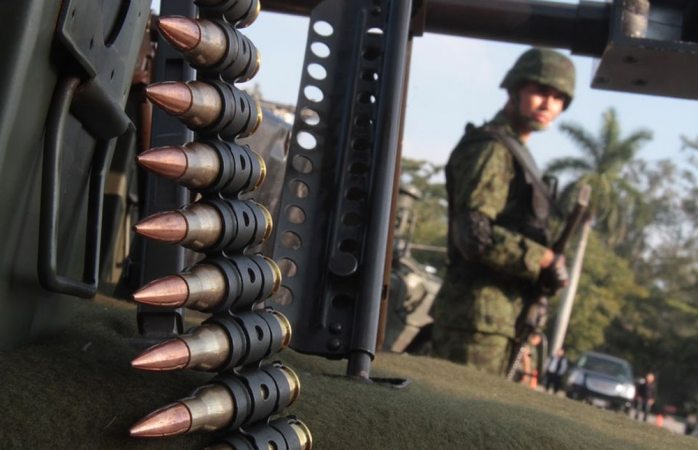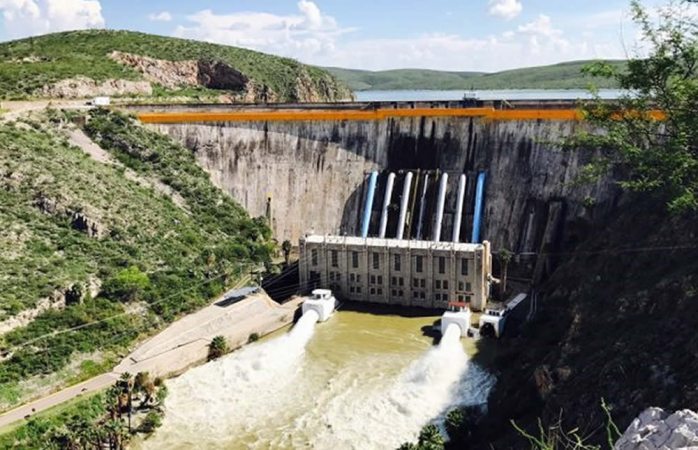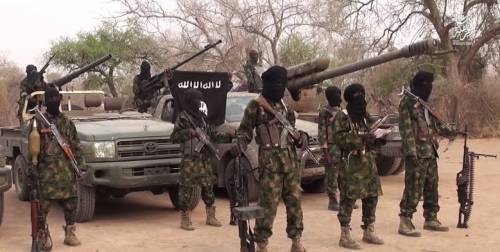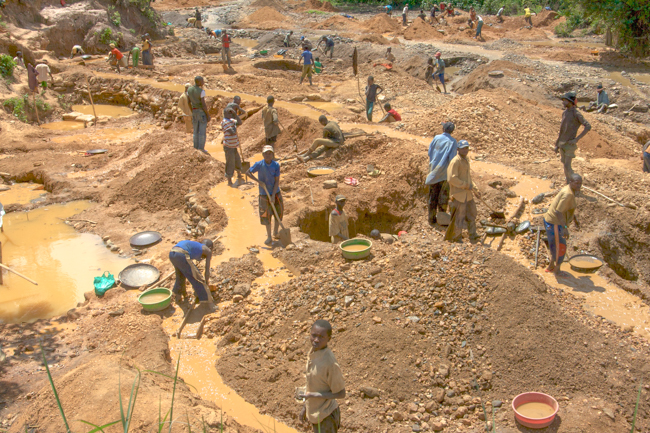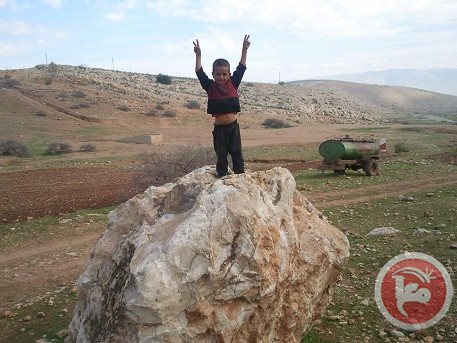
UN rights chief: West Bank annexation ‘illegal’
UN High Commissioner for Human Rights Michelle Bachelet called on Israel to halt its efforts to annex parts of the occupied West Bank. Israel plans to annex settlements in the West Bank, as well as areas of the Jordan Valley, in the coming days. Bachelet said that, regardless of how much land Israel tries to annex, such a move is illegal. She added that while the consequences of annexation would be hard to predict, “they are likely to be disastrous for the Palestinians, for Israel itself, and for the wider region.” (Photo: Ma’an News Agency)



